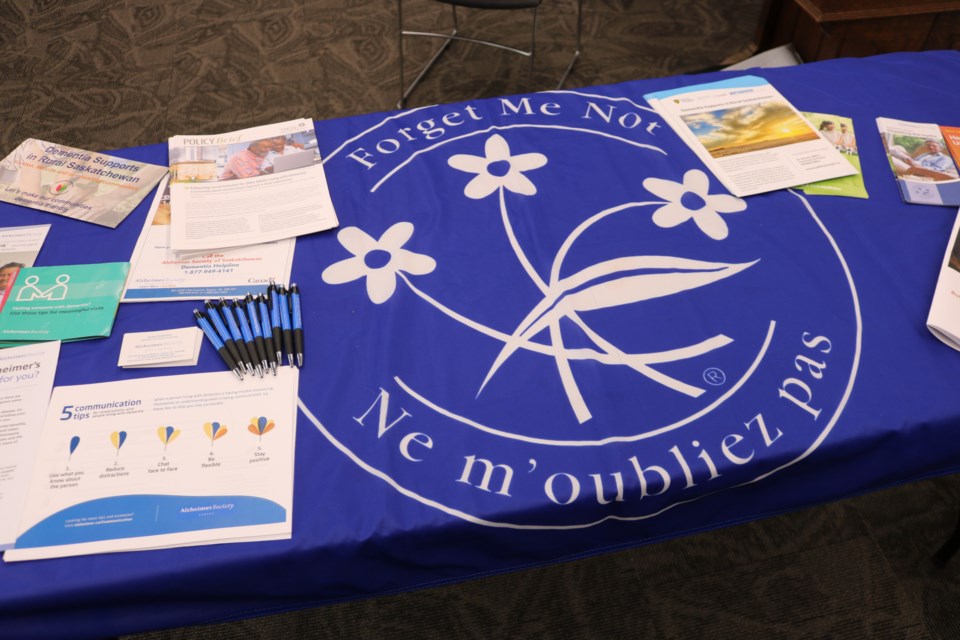SASKATOON - The Rural Dementia Action Research (RaDAR) team at the University of Saskatchewan is seeking participants from the Carlyle and Kipling areas for a new project.
Dr. Debra Morgan is a professor at the Centre for Health and Safety in Agriculture at the University of Saskatchewan and leads the RaDAR team. The RaDAR team consists of a group of researchers from various disciplines that have been working together for 20 years to improve access to health care and services for people living with dementia and their families living in rural Saskatchewan.
Back in 2004, they started a specialist Rural and Remote Memory Clinic at the university to provide diagnosis of the less common, more difficult-to-diagnosis cases of dementia. But they found that they receive many referrals for Alzheimer Disease, the most common type of dementia which Canadian guidelines recommend be diagnosed by primary care providers (i.e., family physicians or nurse practitioners) in the person’s community, because they know them best and also the community services available.
“But we know that making a dementia diagnosis can be challenging, so we began to partner with rural primary health care teams to find ways to support diagnosis and post-diagnostic care right in the rural community and also save travel to specialists,” the RaDAR team said in a news release.
What came out of this partnership is a one-stop memory clinic where the person and their family are seen in their community by a team of healthcare providers. A team-based approach is what the RaDAR team called “the gold standard” for dementia diagnosis and care.
So they started working with one team and now have memory clinics in several communities in southeast Saskatchewan, and they are looking to continue scaling them up to other locations.
In conjunction with these rural memory clinics in southeast Saskatchewan, Valerie Elliot, a research officer with the RaDAR team since 2017, is leading an environmental scan of local community-based programs and services in the areas where the memory clinics are located.
Part of this environmental scan involves telephone interviews with people who are living with dementia and family caregivers of people living with dementia, who reside in and around the communities where they currently have rural memory clinics, including Kipling and Carlyle, to explore their experience with local community-based programs and services.
The interview will take about 45-60 minutes and persons living with dementia and family caregivers can choose whether to participate on their own or together in a joint interview.
The goal with this part of the project is to explore their perspectives of, and experiences with, community-based programs and services. They hope to identify what programs and services they are aware of, which ones they use and do not use and why, barriers to accessing and using services, unmet service and program needs, and recommendations to overcome barriers and improve services.
Even those who have not used services can provide valuable information about what changes would be needed to make services more accessible or useful. In addition, participants may learn about available programs and services they were previously unaware of.
To find out more about this study or to volunteer as a participant, you can call Valerie at 306-966-6645 or email [email protected]. Study information is also posted under the news tab on the Usask RaDAR website.




